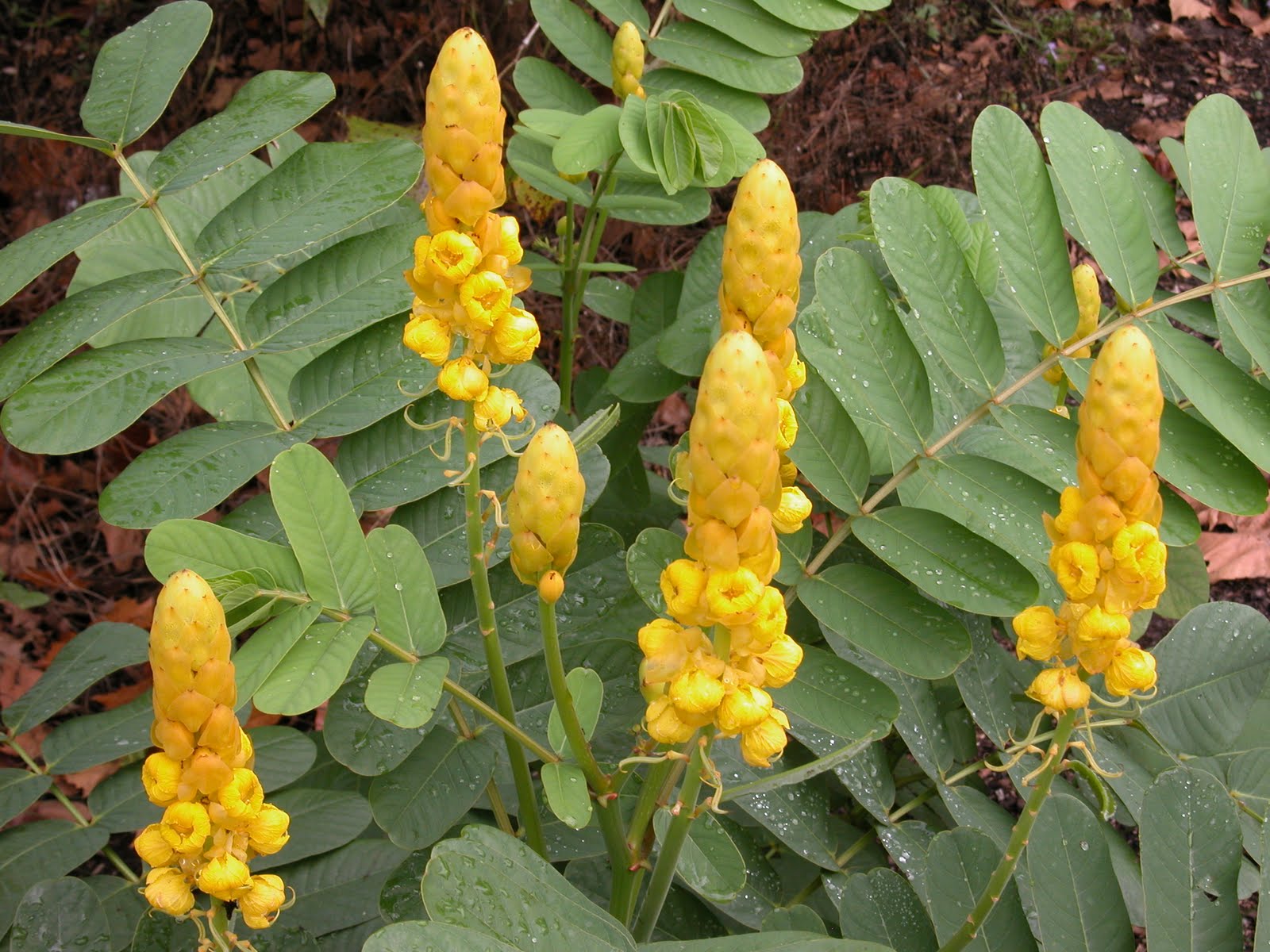Cassia cassia, also known as Chinese cinnamon, is a spice that has been used for centuries not only for its flavor but also for its numerous health benefits. This aromatic spice is often confused with true cinnamon, yet it holds its own unique properties that make it a valuable addition to any diet. In this article, we will explore the fascinating world of cassia cassia, diving into its history, health benefits, culinary uses, and more.
The use of cassia cassia dates back to ancient times, and it has played a significant role in various cultures. From its origins in Southeast Asia to its use in traditional medicine, cassia cassia has been revered for its versatility. As we delve deeper, we will uncover how this spice can enhance not just your meals but also your overall well-being.
By the end of this article, you will have a comprehensive understanding of cassia cassia, including practical tips for incorporating it into your life. Whether you are a culinary enthusiast or someone seeking natural health remedies, cassia cassia offers something for everyone.
Table of Contents
- 1. History of Cassia Cassia
- 2. Nutritional Content of Cassia Cassia
- 3. Health Benefits of Cassia Cassia
- 4. Culinary Uses of Cassia Cassia
- 5. How to Grow Cassia Cassia
- 6. Sourcing and Selecting Quality Cassia Cassia
- 7. Potential Side Effects of Cassia Cassia
- 8. Conclusion
1. History of Cassia Cassia
Cassia cassia has a rich history that dates back thousands of years. Originally native to China, it has been used in traditional Chinese medicine and culinary practices. Historical texts indicate that cassia was considered a valuable trade item along the Silk Road.
Over time, the popularity of cassia spread to different regions, including Southeast Asia and the Middle East. It was often used in religious ceremonies and as a preservative for food due to its antimicrobial properties.
Today, cassia cassia continues to be an essential spice in various cuisines around the world, offering both flavor and health benefits.
2. Nutritional Content of Cassia Cassia
Cassia cassia is not only flavorful but also packed with nutrients. Here is a brief overview of its nutritional content per 100 grams:
| Nutrient | Amount |
|---|---|
| Calories | 247 |
| Carbohydrates | 81 g |
| Dietary Fiber | 53 g |
| Protein | 4 g |
| Fat | 1 g |
| Calcium | 1000 mg |
| Iron | 17 mg |
This nutritional profile makes cassia cassia a great addition to a balanced diet, providing essential nutrients that support overall health.
3. Health Benefits of Cassia Cassia
Cassia cassia is renowned for its potential health benefits. Here are some of the most notable:
- Antioxidant Properties: Cassia cassia contains powerful antioxidants that help combat oxidative stress in the body.
- Anti-inflammatory Effects: The compounds found in cassia may help reduce inflammation, potentially alleviating symptoms of conditions like arthritis.
- Blood Sugar Regulation: Some studies suggest that cassia cassia may help lower blood sugar levels, making it a useful spice for those with diabetes.
- Digestive Health: Cassia is known to aid digestion and may help in relieving gastrointestinal discomfort.
Incorporating cassia cassia into your diet could yield multiple health benefits, but it's always best to consult with a healthcare professional for personalized advice.
4. Culinary Uses of Cassia Cassia
Cassia cassia has a warm, sweet flavor that enhances various dishes. Here are some common culinary uses:
- Baking: Use cassia cassia in baked goods like cinnamon rolls, cookies, and cakes for added flavor.
- Spice Blends: It is often included in spice blends such as garam masala and pumpkin spice.
- Savory Dishes: Add to curries, stews, and marinades to impart a unique taste.
- Tea and Beverages: Brew cassia in hot water for a fragrant tea or use it to spice up your favorite drinks.
5. How to Grow Cassia Cassia
If you're interested in growing cassia cassia, here are some tips to get you started:
- Climate: Cassia thrives in warm, humid climates.
- Soil: Use well-drained, fertile soil rich in organic matter.
- Sunlight: Ensure they receive plenty of sunlight, ideally 6-8 hours a day.
- Watering: Water regularly but avoid overwatering, as this can lead to root rot.
With proper care, you can cultivate this delightful spice right in your own garden!
6. Sourcing and Selecting Quality Cassia Cassia
When purchasing cassia cassia, consider the following tips to ensure quality:
- Look for Whole Sticks: Whole cassia sticks tend to retain flavor better than ground cassia.
- Check for Aroma: Fresh cassia should have a strong, sweet aroma.
- Buy from Reputable Sources: Purchase from trusted spice vendors or organic markets to ensure quality.
7. Potential Side Effects of Cassia Cassia
While cassia cassia is generally safe for consumption, excessive intake may lead to some side effects:
- Coumarin Content: Cassia contains higher levels of coumarin, which may be harmful in large amounts.
- Allergic Reactions: Some individuals may experience allergic reactions to cassia.
- Interactions with Medications: Consult with a healthcare provider if you are on medication, as cassia may interact with certain drugs.
8. Conclusion
In summary, cassia cassia is a versatile spice with a wealth of health benefits and culinary applications. Its rich history and unique flavor make it a staple in many kitchens worldwide.
We encourage you to explore the various ways to incorporate cassia cassia into your diet and enjoy its numerous advantages. If you found this article helpful, please leave a comment, share it with others, or check out our other articles for more insights!
Thank you for reading! We hope to see you again soon for more exciting topics.




